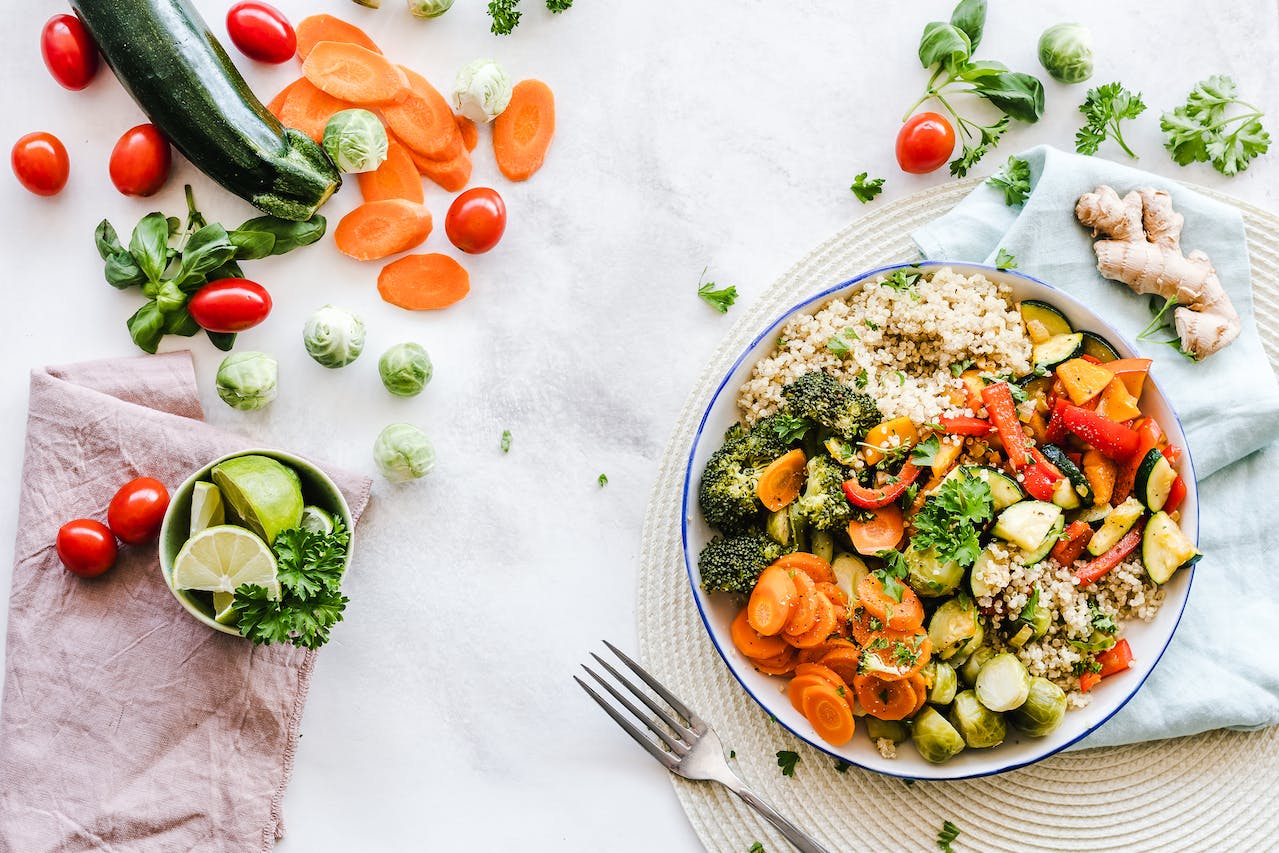Eating lots of ultra-processed foods (UPFs) may increase the risk of mouth and throat cancer, according to new research.
To produce the study, which was conducted by the University of Bristol in the UK and the International Agency for Research on Cancer, researchers examined the dietary habits and lifestyles of nearly half a million people over a decade. People who consumed more UPFs, like potato chips, candy, breakfast cereals, chicken nuggets, hot dogs, and fizzy drinks, had an elevated risk of head, neck, and esophageal cancers, the study noted.
For head and neck cancer, the risk was 23 percent higher, while esophageal cancer risk was estimated to be 24 percent higher.
The authors proposed that this wasn’t simply due to increased amounts of body fat, but it was also likely due to other factors, like the amount of additives in UPFs. That said, the researchers also noted that the study may have potential biases, and further research is needed.
“UPFs are clearly associated with many adverse health outcomes, yet whether they actually cause these, or whether underlying factors such as general health-related behaviors and socioeconomic position are responsible for the link, is still unclear, as the association with accidental deaths draws attention to,” noted Professor George Davey Smith, one of the study’s co-authors.
 Pexels
Pexels
Processed foods and cancer risk
This study is far from the first to link processed foods with an increased cancer risk. In February 2023, another study from the Imperial School of Public Health linked UPFs with a greater risk of developing cancer overall, including breast and ovarian cancer.
“Our bodies may not react the same way to these ultra-processed ingredients and additives as they do to fresh and nutritious minimally processed foods,” said Kiara Chang, PhD, the study’s first author.
“However, ultra-processed foods are everywhere and highly marketed with cheap prices and attractive packaging to promote consumption,” she continued. “This shows our food environment needs urgent reform to protect the population from ultra-processed foods.”
Research has also linked processed meat products with an increased risk of colorectal cancer and prostate cancer. The World Health Organization even categorizes products like bacon, sausages, and ham as a Group One carcinogen.
The proven benefits of plant-based, whole foods
In contrast to UPFs, plant-based whole foods, like beans, vegetables, fruits, seeds, legumes, tofu, and grains, have been linked to a reduced risk of cancer, as well as other conditions, like heart disease, Alzheimer’s, and type 2 diabetes.
“Whole foods offer the full impact of fiber and protein along with vitamins, minerals, and antioxidants,” explains Jacqueline Wyman, MS, RDN, CDN to VegNews.
“When choosing a plant-based diet you will undoubtedly get the recommended 25-38 grams of fiber per day because all plant foods include fiber,” she continues. “Fiber is necessary for well-formed easily passed bowel movements which help to remove excess cholesterol out of the body as well as metabolites of estrogen and other toxins.”
 Pexels
Pexels
As the studies above indicate, UPFs seem to create more harm than good, she echoes. “In a systematic review in 2020, 37 out of 43 studies associated consumption of UPF with at least one negative health outcome,” she explained. “UPFs were linked to overweight, obesity, metabolic syndrome, cardiovascular disease, diabetes, overall cancers, breast cancer, IBS, depression, and mortality.”
According to the USDA, UPFs may not be as harmful to our health if they are mostly vegan (think canned baked beans, for example). This is likely because they often have lower levels of saturated fat and added sugar, but are rich in micronutrients and macronutrients.
Replacing processed animal meat with plant-based meat has also been linked to a lower risk of heart disease.
But it’s important to note that, when it comes to health, plant-based, minimally processed, whole foods will likely always come out on top. This isn’t just down to fiber, but it’s also because plants are high in antioxidants, which may help to neutralize harmful free radicals in the body (free radical damage may lead to the development of disease).
“Disease prevention and healthy living start with simple swaps of ingredients at home,” Dima Salhoobi, RD, CDN, MS, who owns Fresh Nutrition Counseling told VegNews. “It is the simple decisions that we make every day in our life, with regards to what goes in our body, that can be either detrimental to our health or in favor of our health.”
For more on vegan food and health, read:
JUMP TO ... Latest News | Recipes | Guides | Health | Subscribe









